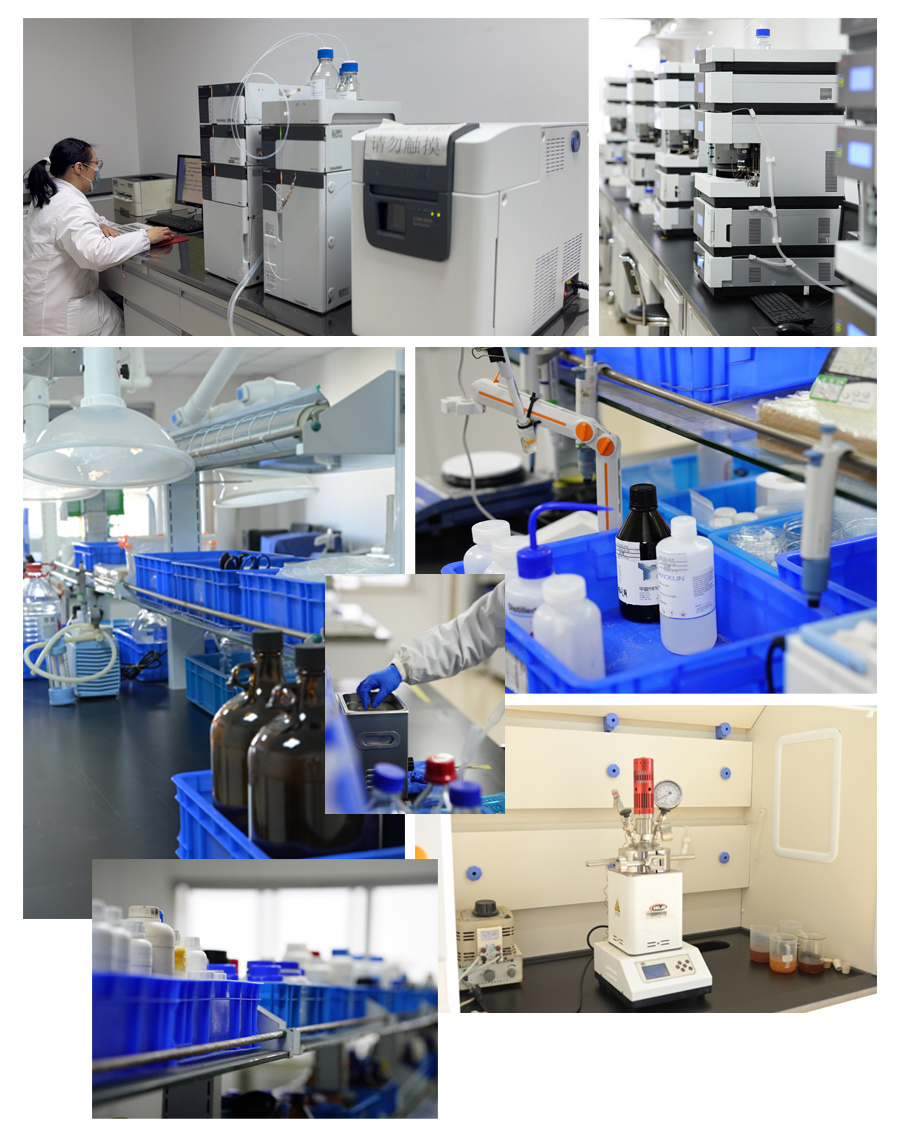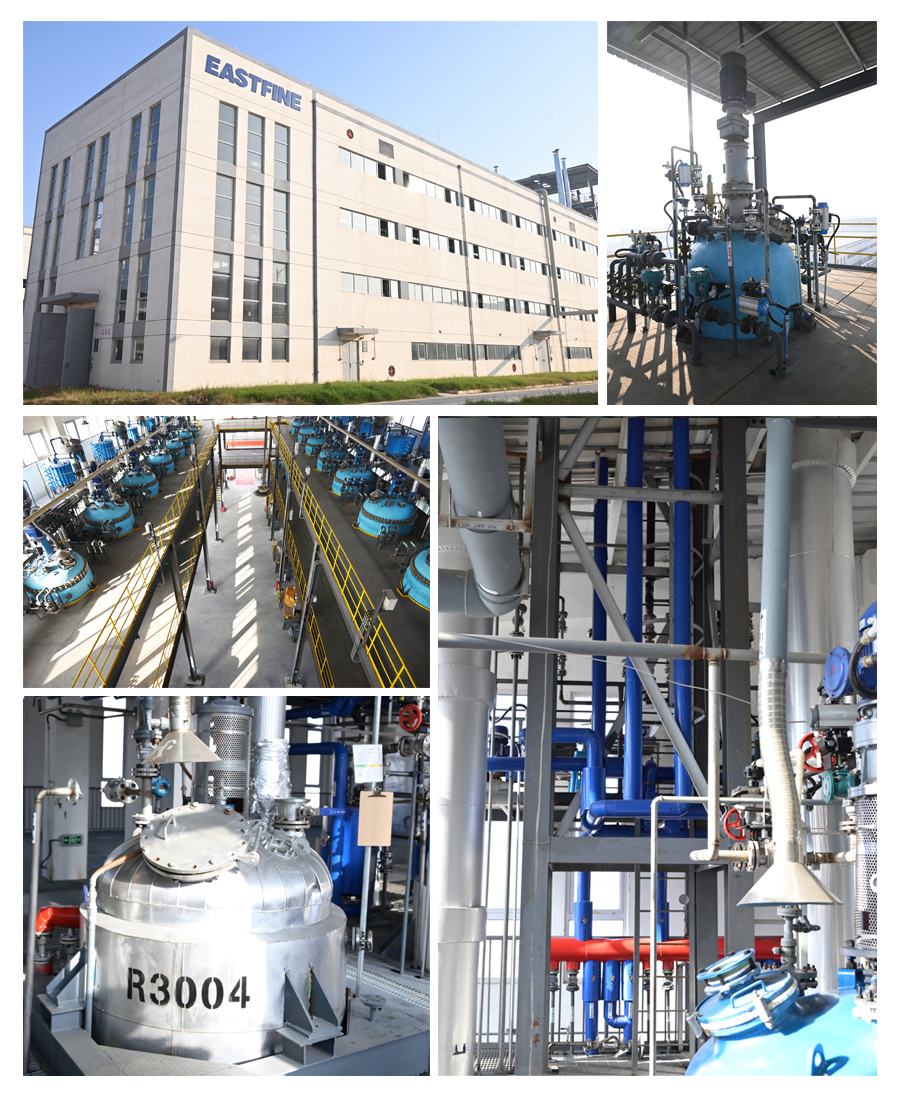| Availability: | |
|---|---|






Product Description
We are a pharmaceutical intermediate manufacturer of 2-Fluoro-4-methylbenzaldehyde.
Its CAS No. is 146137-80-6
Our pharmaceutical intermediates can be used in a variety of APIs.
| Product Category | Custom Synthetic Intermediates |
| CAS NO | 146137-80-6 |
| Product Specifications | Melting point: 169-172 °C(lit.) Boiling point: 202.1±20.0 °C(Predicted) Density: 1.136±0.06 g/cm3(Predicted) Storage temp.: Inert atmosphere,2-8°C |
Office Environment

Laboratory

Workshop/Warehouse

Certificate

2-Fluoro-4-methylbenzaldehyde is produced by EASTFINE , and we are in charge of overseas selling . Not just trading compamy .
China,America,Brazil,England,Russia,Poland,India,Pakistan,NewZealand,Korea,Australia,Dubai,Turkey,Indonesia,UAE.
yes , you can have 1 2-Fluoro-4-methylbenzaldehyde sample for starting the business , but it is not free
please contact sale team for detail .
2-Fluoro-4-methylbenzaldehyde (CAS 146137-80-6) is an aromatic aldehyde compound with the molecular formula C₈H₇FO. It features a fluorine atom at the ortho position and a methyl group at the para position relative to the formyl group on the benzene ring. This colorless to pale yellow liquid is widely used as a building block in pharmaceutical and agrochemical synthesis.
The compound typically appears as a clear, colorless to slightly yellow liquid with a characteristic aromatic odor. It has a molecular weight of 138.14 g/mol and boils at approximately 90-95°C at 15 mmHg pressure. The density is about 1.15 g/cm³ at 25°C, and it shows good solubility in most organic solvents including ethanol, ether, and dichloromethane.
For optimal stability, store in tightly sealed amber glass containers under inert atmosphere (nitrogen or argon) at temperatures below 25°C. The material should be protected from light exposure and moisture. Under these conditions, it maintains good stability for at least 12 months. Keep away from strong oxidizers and reducing agents.
This compound serves as a valuable intermediate in organic synthesis, particularly for the preparation of fluorinated pharmaceuticals and agricultural chemicals. The aldehyde group enables various condensation reactions, while the fluorine substituent influences the electronic properties of resulting compounds. It's especially useful in developing new drug candidates with improved metabolic stability.
The compound may cause skin and eye irritation. Appropriate personal protective equipment including nitrile gloves and chemical safety goggles should be worn during handling. All work should be conducted in a well-ventilated area or fume hood. Avoid inhalation of vapors and direct contact with skin or eyes. In case of contact, flush affected areas with plenty of water.
Quality control involves several analytical techniques. Gas chromatography typically shows ≥97% purity, while refractive index measurement (n20/D ~1.52) provides additional quality verification. FTIR spectroscopy confirms the presence of the aldehyde group, and ⊃1;H NMR analysis verifies the molecular structure. Mass spectrometry may be used for molecular weight confirmation.
The strategic combination of fluorine and methyl substituents creates unique electronic properties in the aromatic system. The fluorine atom enhances the reactivity of the aldehyde group while also improving the metabolic stability of resulting compounds. The methyl group provides additional sites for further functionalization, making this compound particularly versatile in synthetic chemistry.
This specialty chemical is available through fine chemical suppliers in various quantities ranging from grams to kilograms. Many suppliers provide certificates of analysis with each batch and can accommodate custom synthesis requests. Technical support is often available for specific application questions and scale-up needs.